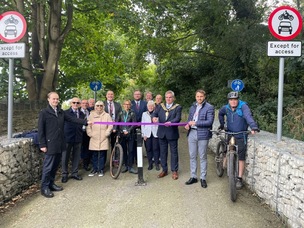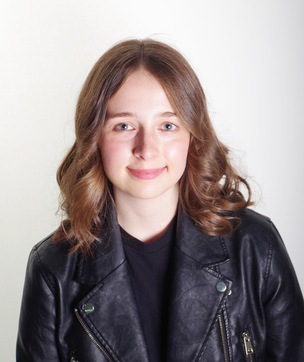MORE than 19,000 patients were waiting for routine treatment at Barnsley Hospital in September - and almost 100 people had been waiting for over a year.
Statistics from NHS England shows a total of 19,281 residents were waiting for non-urgent elective operations or treatment at the hospital at the end of September.
It’s up from 18,688 in August, and up almost 8,000 from the figures in September 21.
Of those, 74 had been waiting for longer than a year.
However the average waiting time from referral at an NHS Trust to treatment at the Gawber Road facility was nine weeks - the same as in August.
Siva Anandaciva, chief analyst at healthcare think-tank The King’s Fund, said services are already in crisis and warned Prime Minister Rishi Sunak that the situation is likely to worsen should budgets be cut even further.
He added that the latest financial statement will have a ‘profound impact on the quality and accessibility of health and care services’.
“If NHS budgets keep being eroded by inflation, it is hard to see how ambitious government targets to reduce hospital waiting lists can possibly be achieved,” he added.
“History has shown us that attempts to protect core NHS budgets at the expense of wider spending on social care, illness prevention and capital investment are short-sighted and can lead to greater pressure on services further down the line.”
Further figures show 1.6 million people were waiting for a key diagnostic test in September - a rise on 1.5 million patients in August.
At Barnsley Hospital, 2,503 people were waiting for one of nine standard tests - such as an MRI scan, no-obstetric ultrasound or gastroscopy - during the same period.
Almost ten per cent of those, 217, had been waiting for at least six weeks.
Statistics also show that of the 55 patients urgently referred by their GP who were treated at the hospital, 34 were receiving cancer treatment within two months.
A month previously - when 51 patients were referred - 34 were treated within 62 days.
In September 2021, 34 patients were treated within this period, out of 52 that were referred.
NHS medical director professor Sir Stephen Powis said: “There is no doubt this has been a challenging month for staff, who are now facing a tripledemic of Covid, flu and record pressure on emergency services with more people attending A and E or requiring the most urgent ambulance callout than any other October.
“We have always said the overall waiting list would rise as more patients come forward, and, with pressures on staff set to increase over the winter months, the NHS has a plan - including a new falls service, 24/7 war rooms, and extra beds and call handlers.”



























